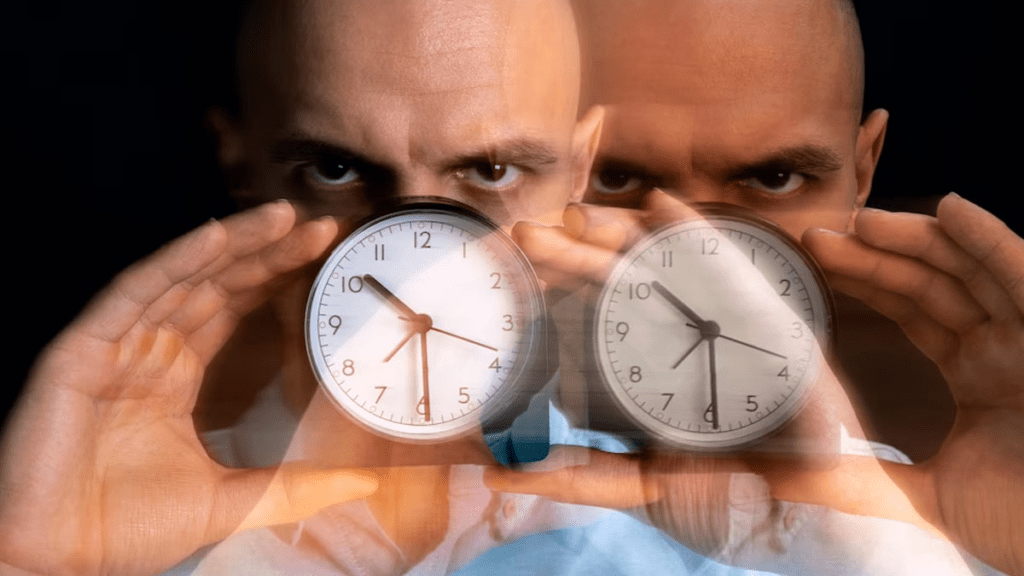Déjà Vu Mystery Behind That “I’ve Been Here Before” Feeling

Have you ever found yourself suddenly thinking, “I feel like I’ve been here before” or “Why do I already remember doing this?” Maybe you’ve even caught yourself humming that 2006 Beyoncé hit, wondering, “What’s that song called again?” This uncanny sense of familiarity is called déjà vu, and it’s one of those mysterious feelings that leaves us scratching our heads. But why does it happen? Is it a glitch in our brains, a sign of something more, or just a bizarre, unexplainable quirk of human consciousness?

What is Déjà Vu?
Déjà vu, French for “already seen,” refers to that eerie sensation when you feel like you’ve already experienced a situation, even though you know logically that it’s happening for the first time. Whether it’s a new street you’re walking down or a conversation you’re having, the feeling can be both fascinating and unsettling. It’s not just the plot of a sci-fi film—though it could easily fit into one—but a real, strange phenomenon many of us experience.
Why Does Déjà Vu Happen?
While no one can point to a single, definitive explanation for déjà vu, experts have offered a variety of theories that attempt to make sense of this curious sensation. According to Professor Debra Rose Wilson, who reviewed the phenomenon for Healthline, the most common theory is that it’s a result of a “glitch” in the brain. Specifically, this glitch occurs when the brain’s memory and present-event tracking systems become activated simultaneously, leading to a mix-up where a present moment feels like a memory

The Brain’s “Shortcuts”
Another theory involves how our brains process information. It’s possible that déjà vu occurs when your brain takes shortcuts in memory storage. You might experience something in the present, but your brain processes it in a way that makes it feel like it’s a memory from long ago. It’s as if your brain files away recent experiences in a way that tricks you into thinking they happened a lot longer ago than they actually did.
Delayed Processing and Split Perception
One of the most fascinating theories involves something called “delayed processing.” Imagine observing a scene, but your brain processes it through two different pathways. If one pathway is faster than the other, your brain could perceive the event as two separate experiences. This leads to the sensation of déjà vu: a single event feels like it’s happened twice.
Another angle, suggested by Anne Cleary, a psychology professor at Colorado State University, is that déjà vu happens when your brain encounters a new event that closely resembles something from your past. You may not consciously remember the previous experience, but your brain recognizes the similarity, creating that uncanny sense of familiarity.
Déjà Vu and Memory
Experts generally agree that déjà vu is tied to how we process and recall memories. Perhaps you’ve been in a similar situation before but simply can’t recall it. It’s as if your brain has stored a partial memory and is trying to fit it into a present context, but the puzzle pieces don’t quite match up, creating the sense that you’ve experienced this moment before.

When Should You Worry?
While déjà vu is typically harmless and doesn’t indicate anything serious, there are some instances where it could be a sign of something else. For example, frequent déjà vu could be a sign of stress or fatigue. In rare cases, it might be linked to conditions like epilepsy, where partial seizures may cause a sensation of familiarity as a warning sign for an impending seizure.
Conclusion: Déjà Vu Is Mostly Harmless
In general, déjà vu is not something to worry about. It’s a curious quirk of the human brain that, while fascinating, usually doesn’t point to anything alarming. Whether it’s a trick of memory, a glitch in the brain’s processing, or a moment of déjà vu that’ll make you hum that old Beyoncé song, it’s just one of those mysteries that make life interesting.
So next time you feel like you’ve been somewhere before or lived a moment twice, don’t be too concerned—your brain is just doing its thing. If it happens often, though, it might be worth checking in with a healthcare professional, especially if other symptoms arise. But until then, enjoy the mystery!






